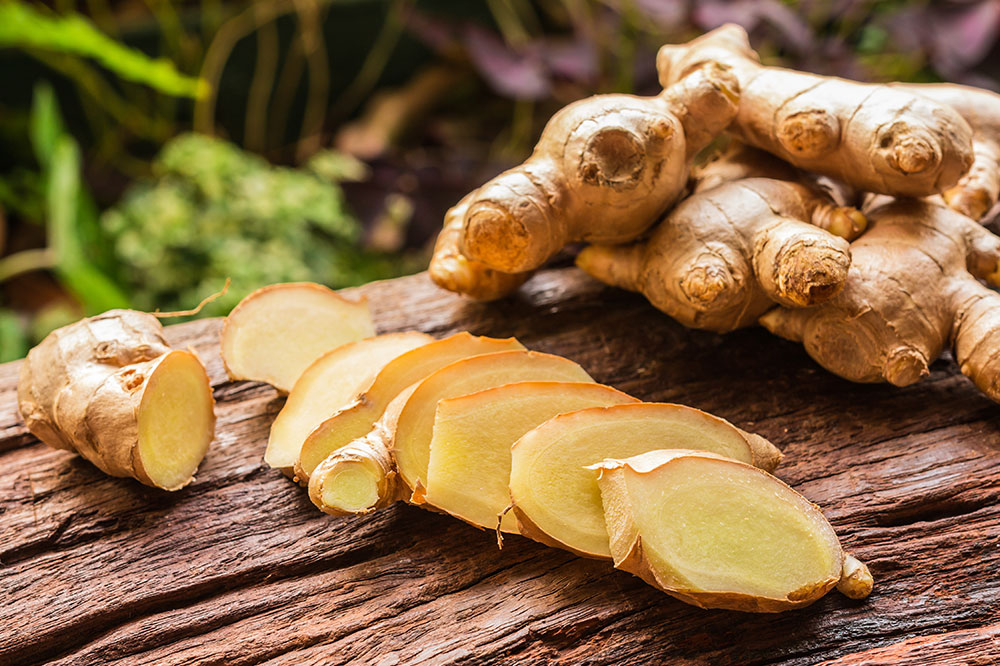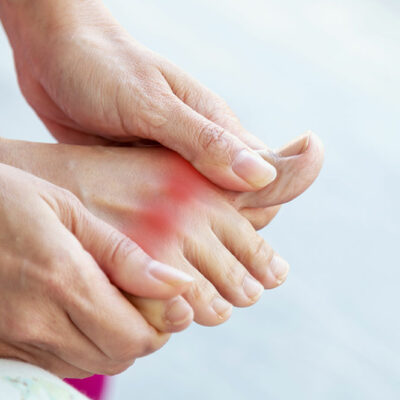
8 Eating Tips With Breathing Issues
Treatments and Medications That Can Help
Not many know that oxygen is vital for the processes of chewing and digesting. That means, if there is any problem with one’s ability to breathe, it affects the body’s ability to carry out even the most basic functions. Breathing issues, such as chronic asthma, allergies, and COPD can be treated with medications like Flonase, Nucala, Dupixent, Fasenra, Stiolto, and Spiriva. However, an improper diet and eating habits, can exacerbate breathing issues further. To avoid this, here are 8 eating tips to follow for when you have breathing issues:
1. Indulge in small meals
Big meals require one to sit on the dinner table for a longer time, which means the body works harder to produce oxygen for a longer period of time. Additionally, a full meal could put pressure on the lungs and diaphragm, which, in turn, makes it difficult for one to breathe.
2. Clear the lungs before eating
There are many ways to clear the lungs of mucus before eating. One may try lying down, indulge in deep controlled coughs, or tap on the chest or neck. Individuals must perform these depending on one’s breathing issues and what best suits them. This should be a routine exercise to clear airways that one must follow to be able to eat at peace. It is ideal to do them an hour before eating.
3. Sit up while eating
There’s a reason we make infants sit up, even if that may be using an external support. This habit eliminates getting food in the windpipe, which could easily make one choke. So, avoid sitting in a slanted position while eating or drinking.
4. Rest before a meal
Getting some rest right before indulging in a meal can help one save their energy to have a proper, full meal. Additionally, it’s ideal to not lie down for at least 30 minutes after having a meal to promote healthy digestion.
5. Avoid foods that cause bloating
Foods that cause bloating make breathing difficult, especially for people with underlying breathing issues. Additionally, the bloating puts added pressure on the lungs and the diaphragm, causing difficulty in breathing and uneasiness.
6. Stay hydrated
Staying hydrated helps keep the mucus thin and avoid constipation, which in turn will induce easy breathing. All types of fluids, of course caffeine-free, count. A variety of fluids like green tea, lemon juice, and iced tea, among others could be helpful for intake of adequate fluids.
7. Eat and chew slowly
Eating and chewing slow gives one enough time to breathe and allows the body to supply oxygen at a reasonable rate. Rushing while eating can demand more from the system, and this habit may have it’s own side effects.
8. Avoid fluids while eating
One of the most important eating tips for those with breathing issues, it is vital to remember this. Be it any beverage or even water, it’s not a good idea to sip on fluids while eating. First off, it makes one feel full easily and second, it leads to bloating, both of which put added pressure on the lungs. Restrict any fluid intake half hour before and after a meal.


